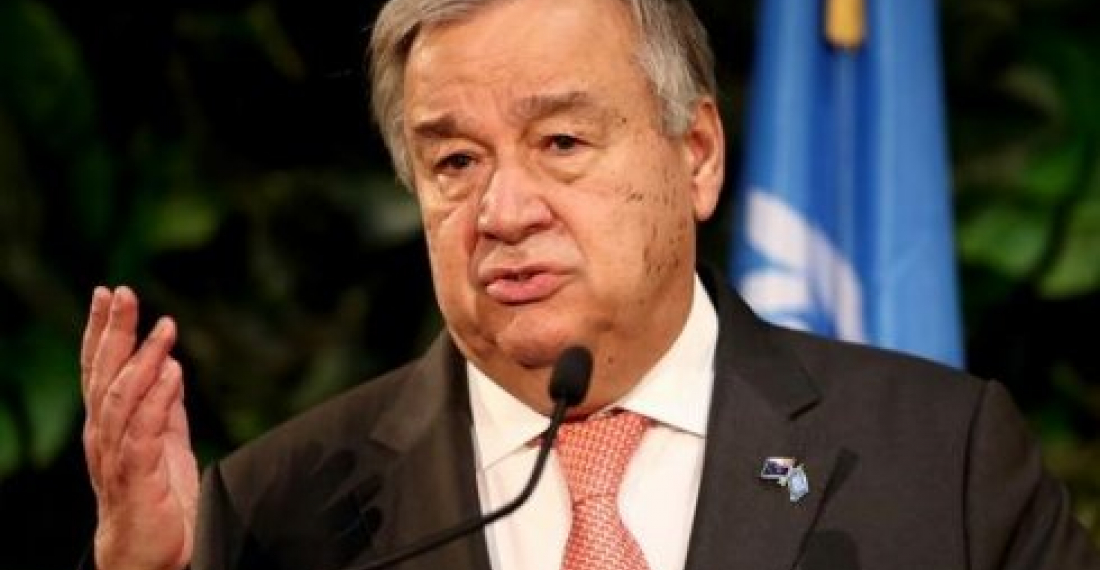The Secretary-General of the United Nations, Abntonio Gutteres, on Wednesday (22 July) held separate telephone calls with President Ilham Aliyev of Azerbaijan and with Prime Minister Nikol Pashinyan of Armenia.
A spokesperson for the United Nations said that in both calls, the Secretary-General expressed his ongoing concern over the hostilities that have been reported along the Armenia-Azerbaijan international border as well as prevailing tensions.
The Secretary-General reiterated his call for immediate and full de-escalation, refraining from provocative rhetoric, and a return to negotiations.
To that end, the Secretary-General repeated the full support of the United Nations for the important efforts of the Organization for Security and Cooperation in Europe (OSCE) Minsk Group Co-Chairs and his expectation that both leaders will continue to work towards a peaceful resolution of the longstanding conflict over Nagorno-Karabakh.
source: commonspace.eu with the UN press service
photo: Antonio Gutteres (archive picture)






